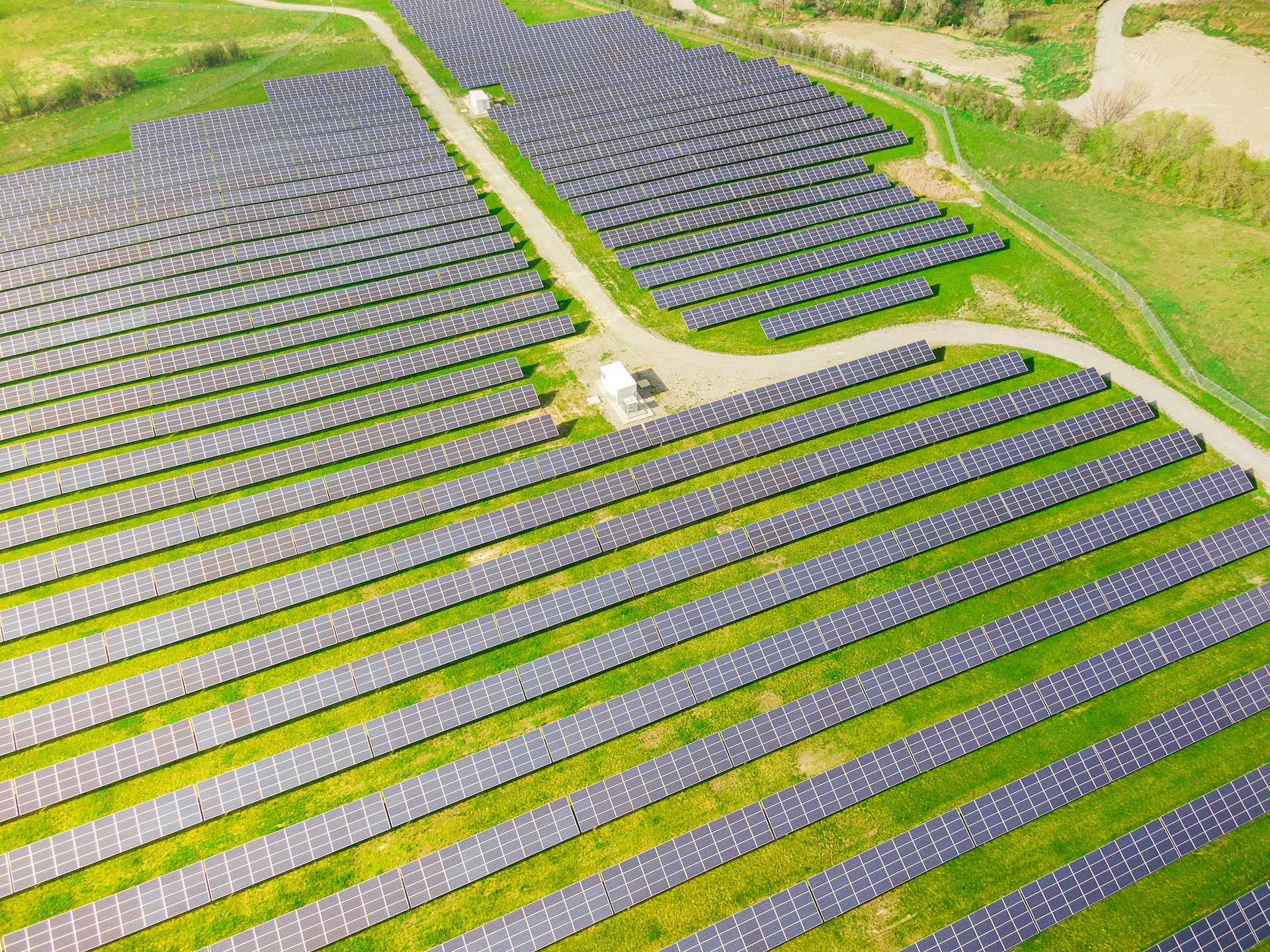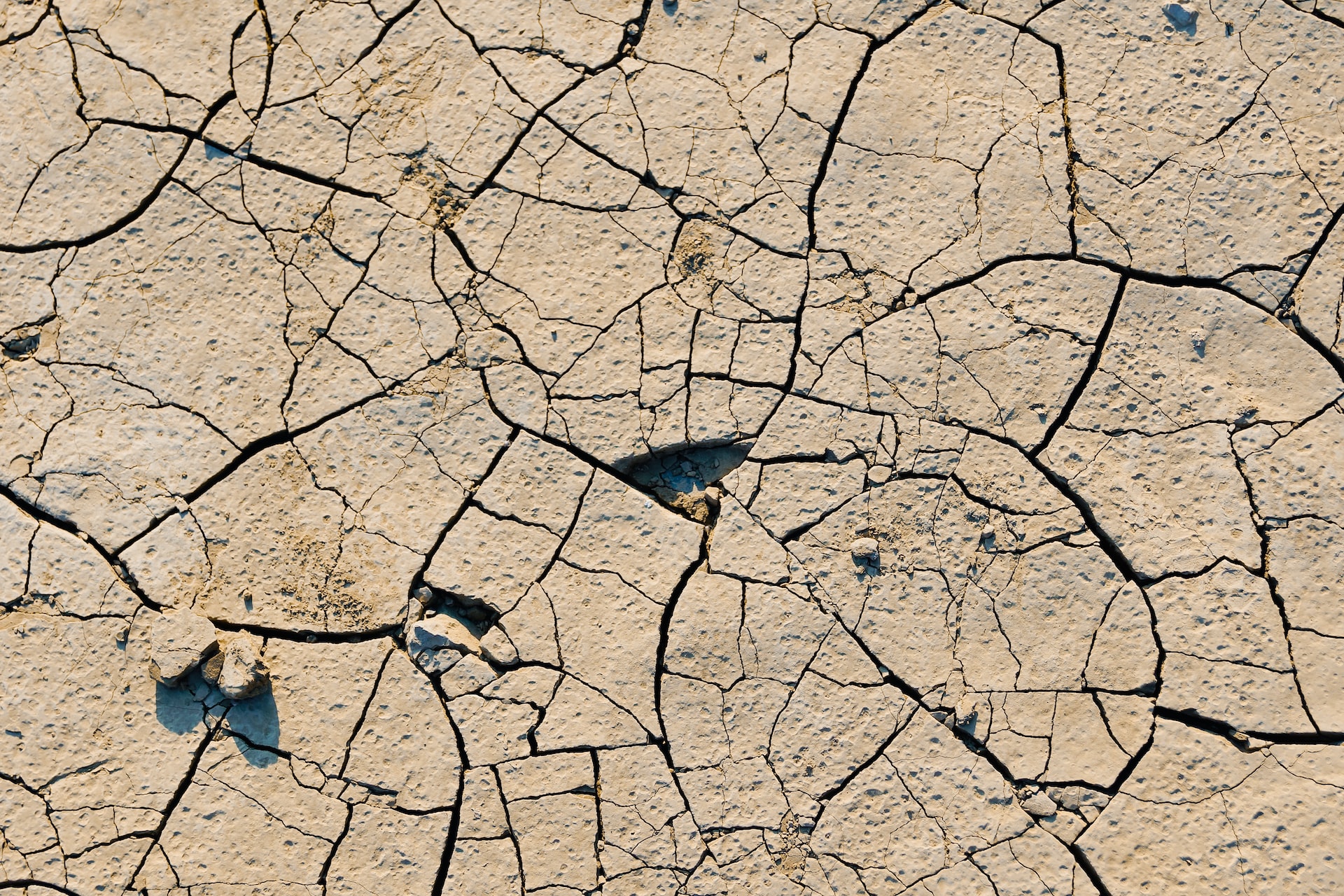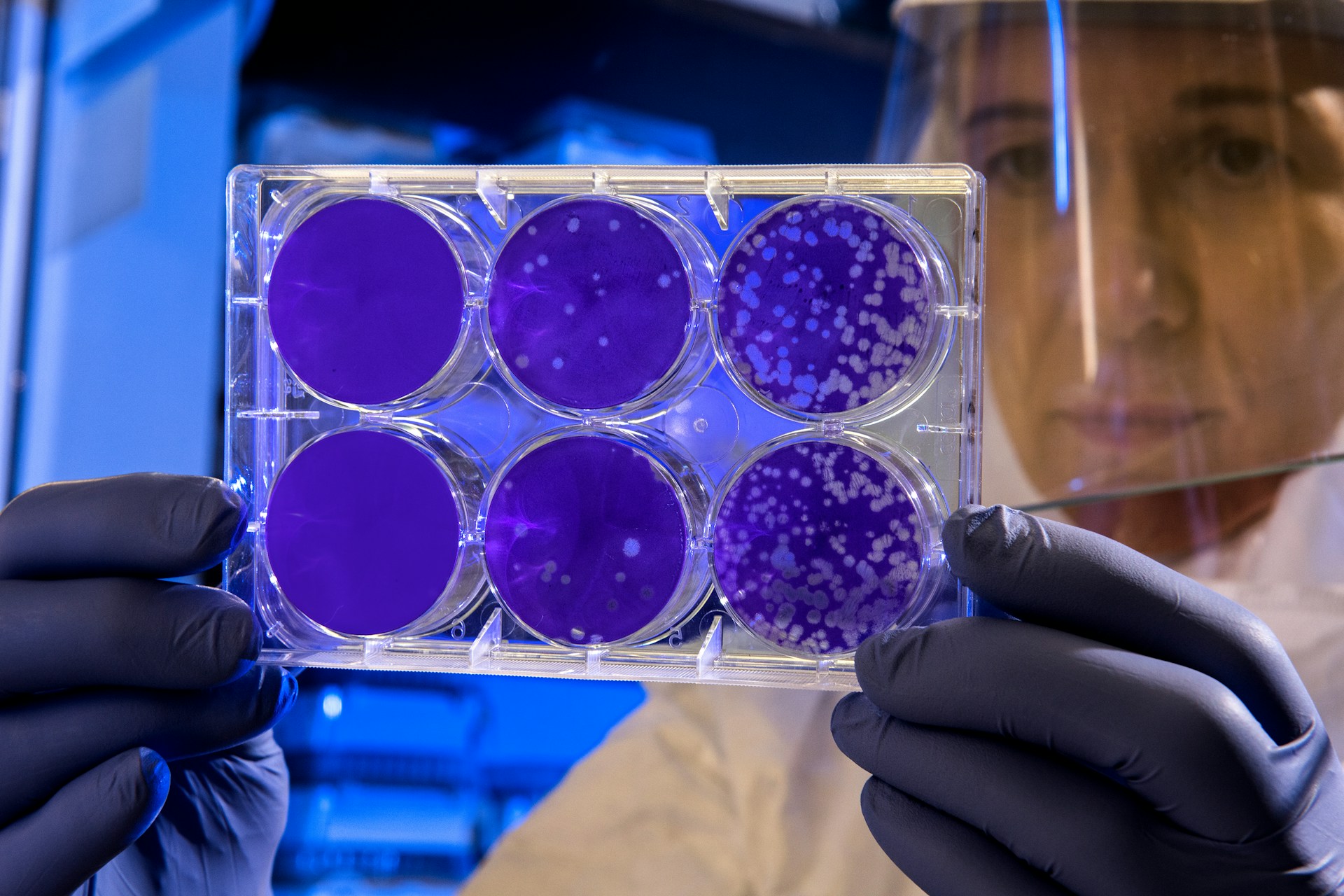Fostering the Global Public Good
Most of us agree with the age-old adage “help others to help yourself”, but few really practice it. We all have encountered times in our lives where we were given the opportunity to do something for others, but how many really lived up to the occasion is a debate for some other time.
If we look now, the world is in a bad state. The global order is in tatters with the world divided into two factions, one lead by the US that declares to hold democracy and liberalism, while the other led by China, proposing its own set of rules.
The devastation and long-term impacts left by the pandemic have decreased incomes and in turn also impacted the ability of philanthropists, businesses, and individuals to invest in doing public good. “We expected to see a significant drop in giving as a result of COVID-19, and our data shows that it will be a difficult time for fundraising for 2020 and well into 2021,” said Mike Geiger, president and CEO of AFP Global, an association of fundraising professionals.
Nonetheless, charitable giving rose in 2020, despite many people being out of work. Americans gave a record US$471 billion to charities in 2020, which was 5.1% more than 2019 numbers. Although doing public good is always being asked from individuals and businesses, governments are the true torchbearers of making a nationwide difference in the lives of its people by developing and promoting good policies that support overall development, which is green and sustainable.
Fostering Public Good
There are many examples from across the world, depicting how public-positive policies implemented by federal governments have resulted in betterment of the society. Governments such as Australia have been promoting the use of solar since years ago. As of January 2022, the country has already completed installation of over 3 million rooftop solar panels. To promote use of solar panels among households and small businesses, the Australian federal government provides rebates in the form of technology certificates to households and small businesses. These rebates are calculated based on the zone where the solar system is installed and the amount of excess solar energy that is exported to the main grid.
This does not only encourage greater push among people to use greener alternatives to their energy needs, but also helps the nation realize its commitments towards carbon neutrality.
Ensuring water security is now becoming imperative as climate change is impacting access to water for all. This concern has heightened drastically in developing economies. Singapore stands out as a great beacon in ensuring water security. NEWater is an initiative that was put in place by Singapore more than a decade ago. NEWater plants recycle wastewater into potable water. This has helped Singapore secure water for 40% of its population, while relying on imports for its other water requirements. Singapore is not just stopping there, its government is also implementing water rationing exercises, encouraging the public to use less water.
Some countries like the US even went further in providing humanitarian aid to countries in need. In 2021, the US donated a staggering US$4.02 billion to the GAVI alliance amid the virus spread. For its FY2023 official development assistance funding, it has budgeted US$4.4 billion towards aids relief and other life-threatening diseases such as malaria, tuberculosis, maternal and child health, and nutrition, impacting people globally, particularly in less developed countries.
In terms of doing good for the climate, Japan is way ahead than other countries. In 2021, Japan spent US$9.54 billion in development projects related to climate change. In March 2022, Japan contributed US$42 million to UNDP’s Climate Promise Initiative to assist 23 countries, across Asia-Pacific, Central Asia, Europe and Africa in meeting their nationally determined contributions to halt global warming.
Not just governments, but even businesses are taking active steps in pivoting towards greener solutions. Many automotive companies are exploring the development of electric vehicles, with some even launching hydrogen fuel-cell vehicles. The efforts are multi-varied, not only governments and businesses, but also individuals and communities are striving to do public good to ensure a better future for all.
Much Needed Now
The pandemic has worsened situations in low-income and under-developed countries who are on the verge of facing a debt crisis. The support and assistance of developed countries and philanthropists shine a light of hope.
Efforts to do global good will need to be increased as returning to normalcy will take every concerted effort from individuals, governments, and businesses. Doing global good is no more an option as the world is now increasingly integrated. Impacts in one region can have devastating effects for the other.
Developed countries with the resources and bandwidth should follow through what the US has been able to achieve through its many investments in fostering global public good. It is only together that we can work to build a future that is sustainable and resilient for all.
Photo Caption: A solar farm in Australia




